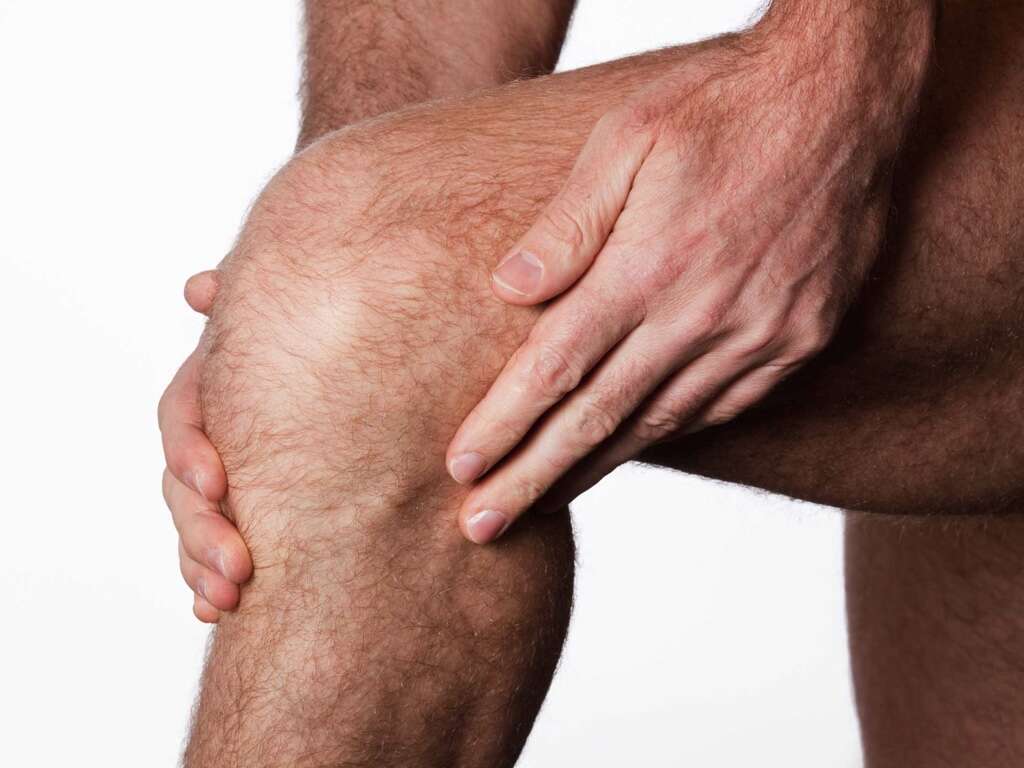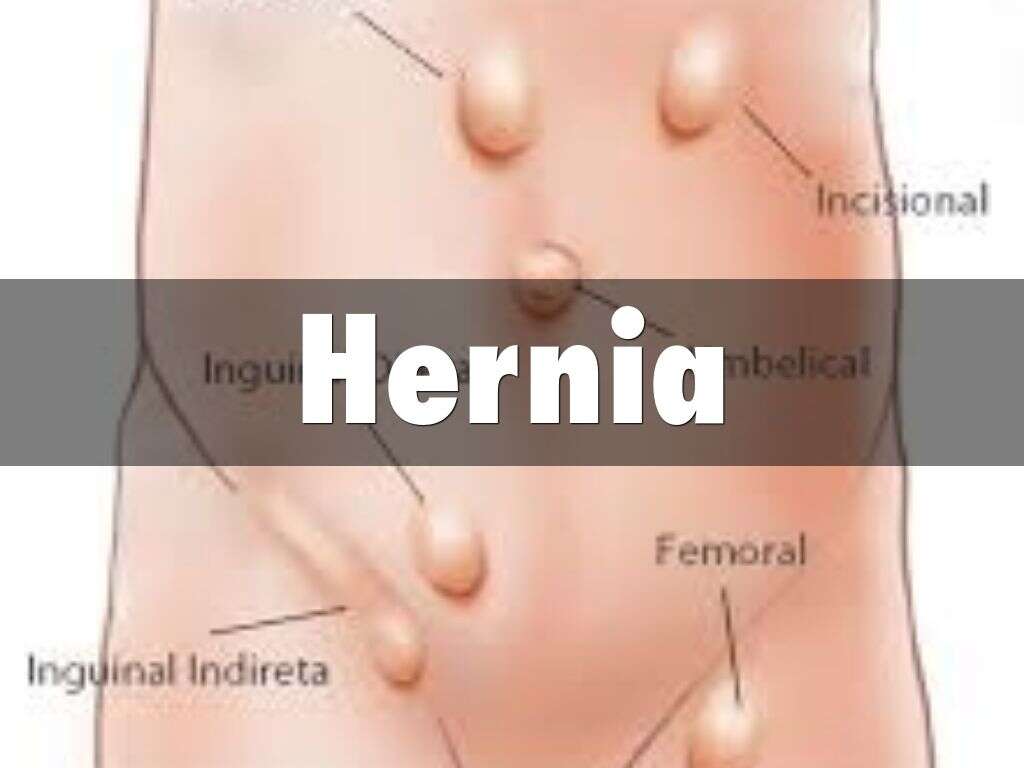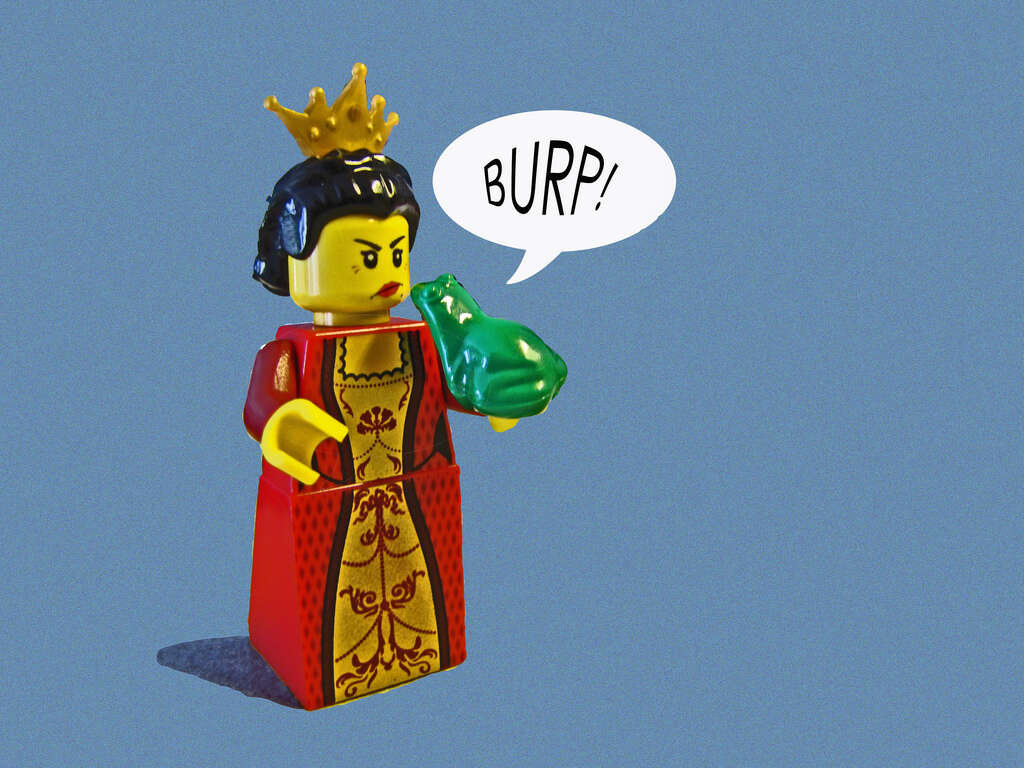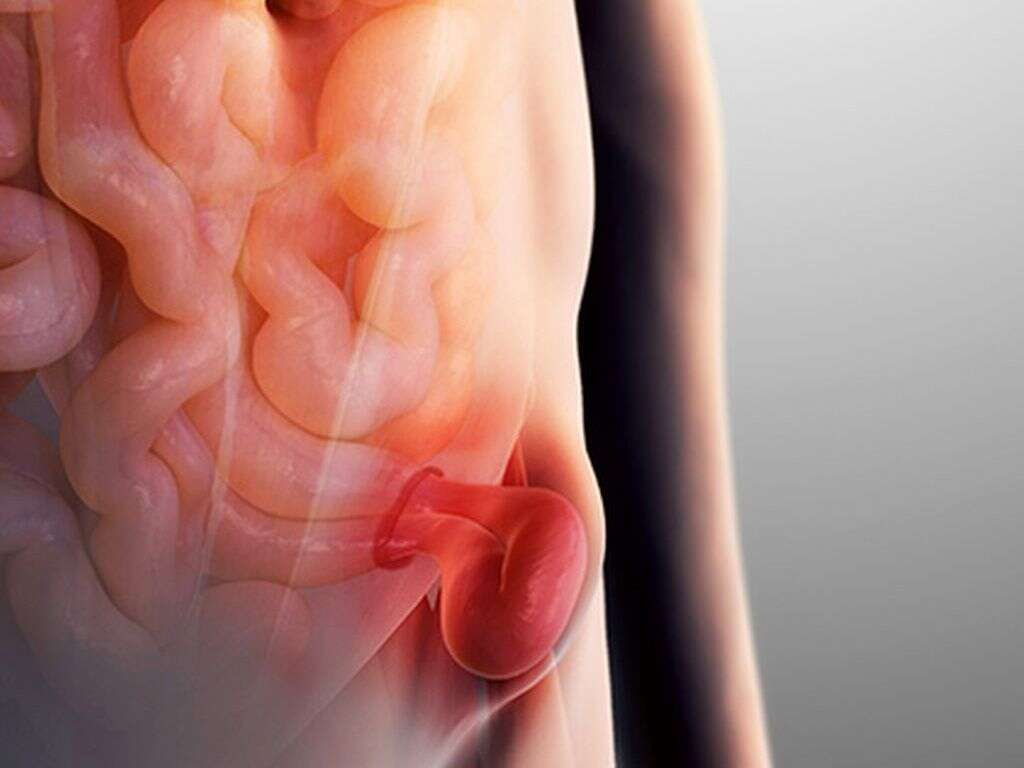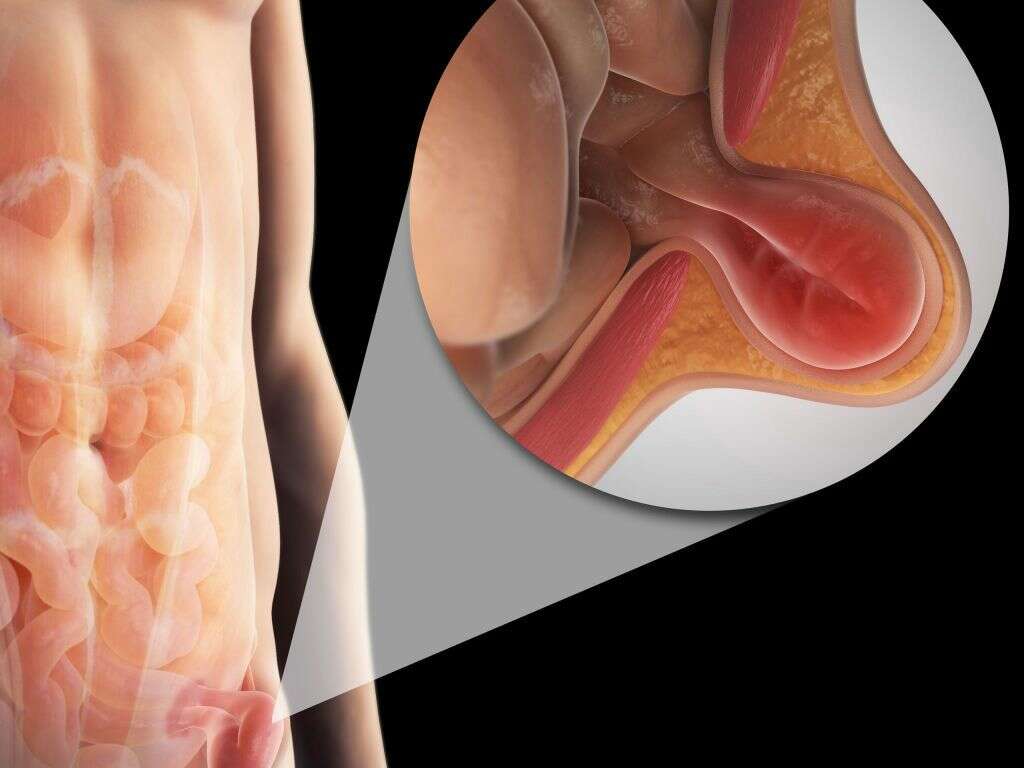10 Signs of a Hernia
Hernias can occur all over the body, but the most frequently herniated areas are in the groin area or the abdomen. They are also quite common around areas where surgery was recently performed.
Hernias are caused when fatty tissue or organ tissue squeezes through the connective muscle tissue in the body. In most cases, hernias can be observed as a small lump. However, lumps can occur for many reasons and it’s important to check that you have a hernia before seeking treatment for one!
That’s why we have put together this list of the most common hernia symptoms. If you’re experiencing several of these symptoms then you might want to go to the doctor or the ER to get treatment for a hernia.

Hernia Sign #1: Visible Lump
As mentioned, the most obvious and common symptom of a hernia is a small lump in the skin. This usually begins with a small amount of swelling. The lump is actually a small sac being formed in the organs that pushes out against the muscle tissue and the skin of the body.
If you see a lump, it’s usually a sign that you need to seek medical treatment, even if it’s not a hernia. If it is a hernia, then failing to fix it could result in the muscle tissue splitting wider and the hernia growing larger and larger. This will cause pain, inhibit your ability to move, and can lead to further health problems.

Hernia Sign #2: Pain
The next most common symptom of a hernia is pain. Usually by the time the problem has reached the stage where a lump is visible, there is some pain accompanying the hernia.
The pain ranges in intensity depending on the severity of the hernia. Many people report feeling no pain at all, while some report that the pain is quite debilitating. Usually, it gets worse the longer that you leave the condition untreated. Pain is usually worse when a person bends or moves in a way that aggravates the area with the hernia.

Hernia Sign #3: Feeling Full
Feeling full is a symptom that’s commonly associated with umbilical or hiatal hernias, both of which occur in the abdomen. Umbilical hernias, which occur in the intestine and come through the muscles in the abdomen, usually occur in infants but can also be present in adults.
Hiatal hernias actually force tissue up through your diaphragm. This can put stress on your digestive organs and can lead to you feeling full or bloated.

Hernia Sign #4: Stomach Problems
There are a number of stomach issues that can arise in someone who is struggling with a hernia. People may find themselves nauseated and feeling the need to vomit. They may have a hard time properly digesting their food and they may often find themselves feeling heartburn. They may also find that they suffer from keeping a regular bowel movement schedule.
These problems are particularly common with hernias that occur in the groin region or in the abdomen. If the hernia becomes strangulated by the blood flow getting cut off then you will likely become extremely nauseous and will have a hard time passing stools.

Hernia Sign #5: Decreased Blood Flow
When hernias get large, they can become strangulated. This means that they are caught between muscle tissue and unable to receive enough blood. Not only does this exacerbate the symptoms of the hernia but it can decrease blood flow throughout the rest of the body. Strangulation can become so serious that it can be fatal, so if you’re experiencing problems with blood flow or blood supply then it’s important to get to the emergency room as soon as possible.
Medical professionals recommend getting checked out for a hernia as soon as you notice any symptoms. The main reason for this is so that you can have the problem fixed before it becomes strangulated and puts your life in danger.

Hernia Sign #6: Nerve Pain
Hernias don’t always just affect the immediate area that they are located in. A hernia can have an impact on the nerves in the local area, and thus you might experience pain or discomfort in other parts of the body that are a part of the same network of nerves.
Hernias can put pressure on the nerves, causing pain and discomfort. Since signals travel along nervous pathways, this can cause you to feel it in areas that are seemingly unrelated to the hernia site. This problem is particularly true for people who have developed hernias as a result of a high-intensity injury, like sports players. This is because the organs can be squished up against a set of nerves and cause them to misfire.
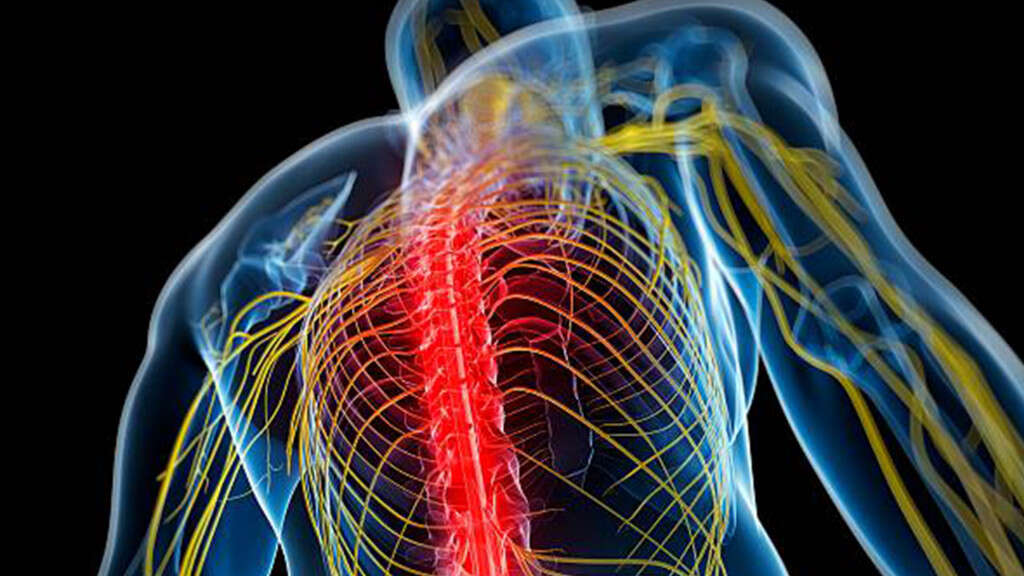
Hernia Sign #7: Muscle Fatigue
In addition to putting pressure on the nervous system, hernias can also apply pressure to the muscles.
This can lead to discomfort and can make it more difficult to actually use the muscles in the area. This can also make you feel as if your muscles are extremely tired.

Hernia Sign #8: Fever
Hernias don’t generally cause fevers. However, in serious cases, they can. If you are experiencing a fever in addition to some of these other symptoms then it’s important to seek medical help immediately.
The reason for this is because a fever indicates that the body is working to fight off a bacterial or a viral infection. Having an infection at the site of a hernia is the last thing that you want. This can also be an indication that the hernia is strangulated, which can be a potentially fatal problem.

Hernia Sign #9: Worse Pain at the End of the Day
Hernias can be painful even at the best of times. However, it’s a common complaint among patients suffering from hernias that the pain gets worse at the end of the day.
This is usually due to the cumulative buildup of stress that a person goes through during the day. If you are still doing your daily activities—walking, bending, lifting, moving—while you have a hernia then it’s no surprise that the symptoms become more and more aggravated.
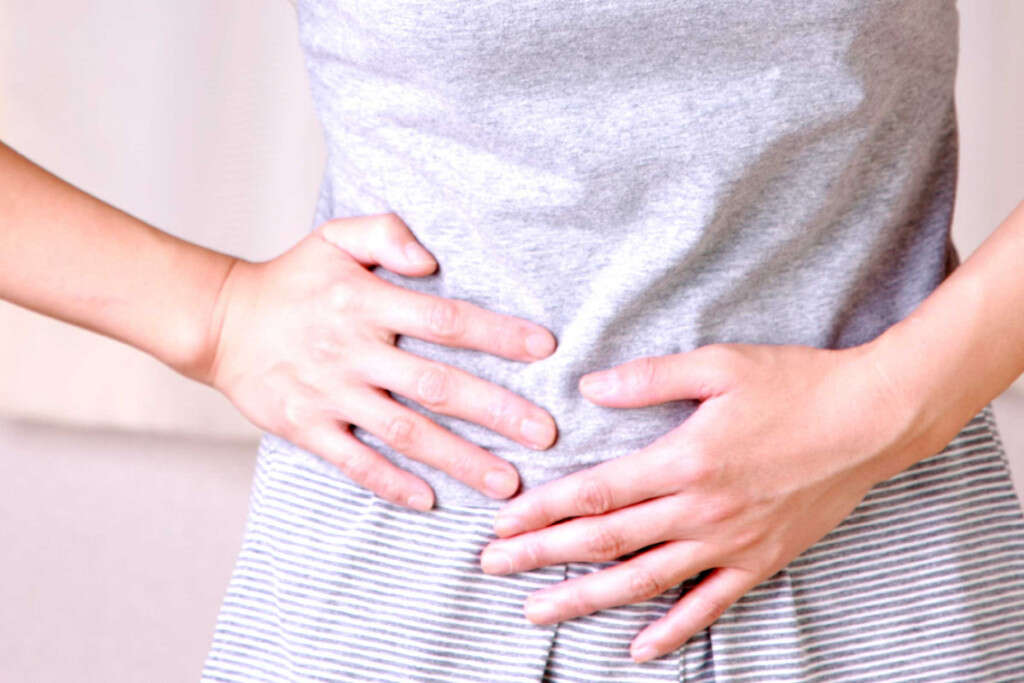
Hernia Sign #10: Vomiting
Hernias are known to cause various forms of stomach upset, but they don’t usually cause vomiting. If you are vomiting in addition to some of these other symptoms then this suggests that one of your organs is partly stuck outside of the abdominal cavity.
This can lead to a number of issues ranging from strangulation to serious bowel obstruction. Either of these problems can be fatal, so if you’re experiencing vomiting while you’re suffering from a hernia you should go to the emergency room.






